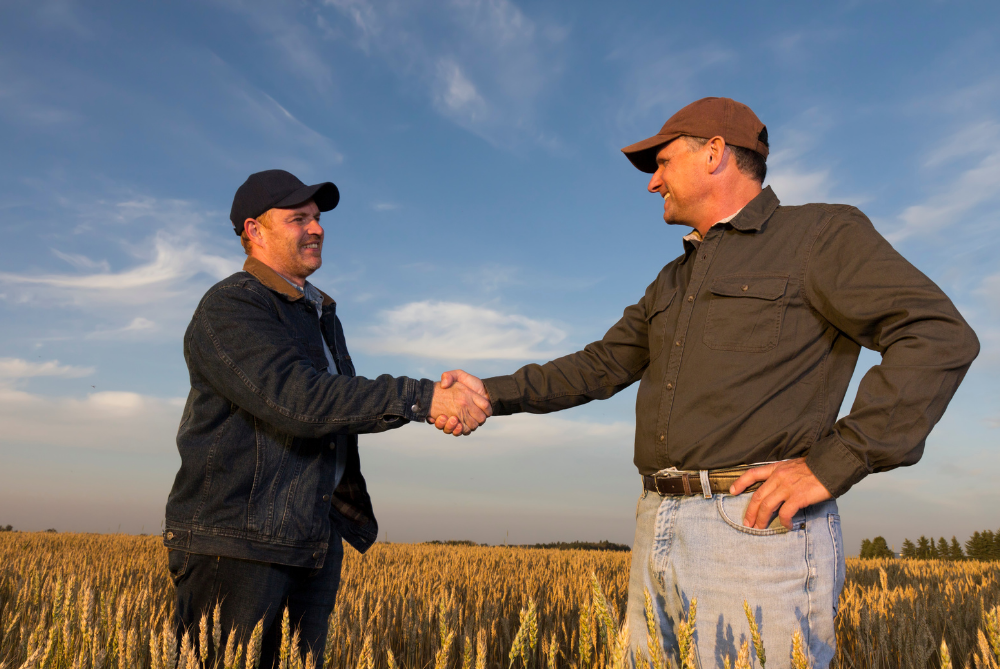
Many farmers possess the land which they are unable to utilize as a result of no funding. Lack of capital is seen as the biggest hindrance to increased production. Crowdfunding enables farmers to expand their businesses and make potential profits for their investors. Crowdfunding has made it possible for many different business to raise funds from multiple investors, even for farms.
One role crowdfunding plays in connecting potential investors with farmers is food sustainability. This theme signifies a topic of interest for all productive sectors. Sustainability is slowly but surely understood as the future’s extension or strengthening the social, cultural, and economic patrimony presently held by a territory, community, or a person. Sustainability will help in fighting against poverty, climate change, and eliminating hunger. Investors can feel good about investing in an industry that truly makes an impact.
Another role crowdfunding plays in linking potential investors with farmers is financial support. It comprises using the internet to raise funds to support various ventures and ideas. People attracted to the crowdfunding campaign, “the crowd,” can come together to see the project come to fruition. Through a crowdfunding portal, these investors can review opportunities, see the details, ask questions and decide if it's a project they'd like to financially support.
The reduction of risk is another factor that helps investors feel secure and eager to fund farms through a crowdfunding model. This is because funding in small percentages is generally deemed economically feasible. Farming can be a risky venture, and typically, an investment in farmland would require putting huge amounts of capital, increasing an investor's risk. Crowdfunding typically allows for less risk since investments are smaller than they would be when investing solo.
Crowdfunding aids in reducing the costs of communication. This enables the better gathering of information and progress in monitoring the distance funders and help them take part in the ideas’ developments. It saves the funders the hustle of traveling from place to place for physical fundraising.
Other roles include creating demand in the market, the formation of a direct link with consumers, sponsorship of products, protection and valorization of old ecosystems, modernization of the industry by buying modern equipment, and training the agricultural experts to make use of the most modern practices of production. This also encourages them to diversify in farming. The use of technology in agriculture will enable farmers to use water sparingly and conserve more for future use or sale to others who might need it. The use of technology in farming provides a specific, accurate amount of water to use on different crops.
Farming involves many activities that require manpower: From tilling the land to harvesting, there is a chain of work involved. In the long run, crowdfunding creates job opportunities for other individuals employed on the farms. Job creation here means more productivity, more earnings, and even expansion in the long run. Farmers shy away from bank loans since banks ask for collateral, limiting the amount of loan required by the farmer. Thanks to crowdfunding, farmers can now get funds for farming and increase the productivity of crops.